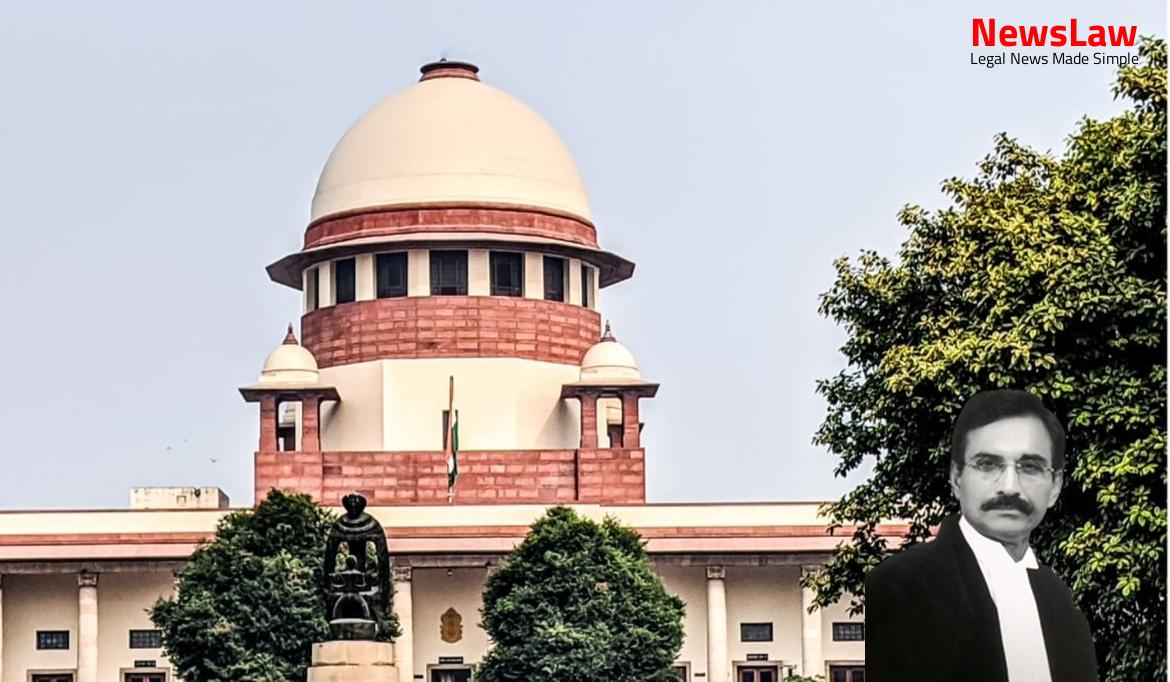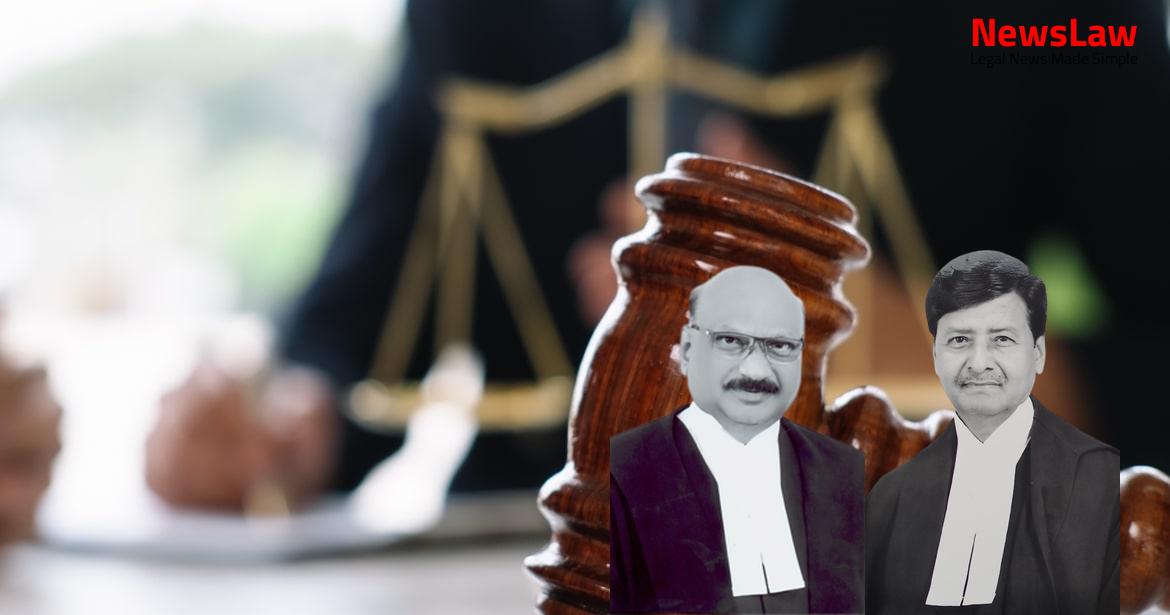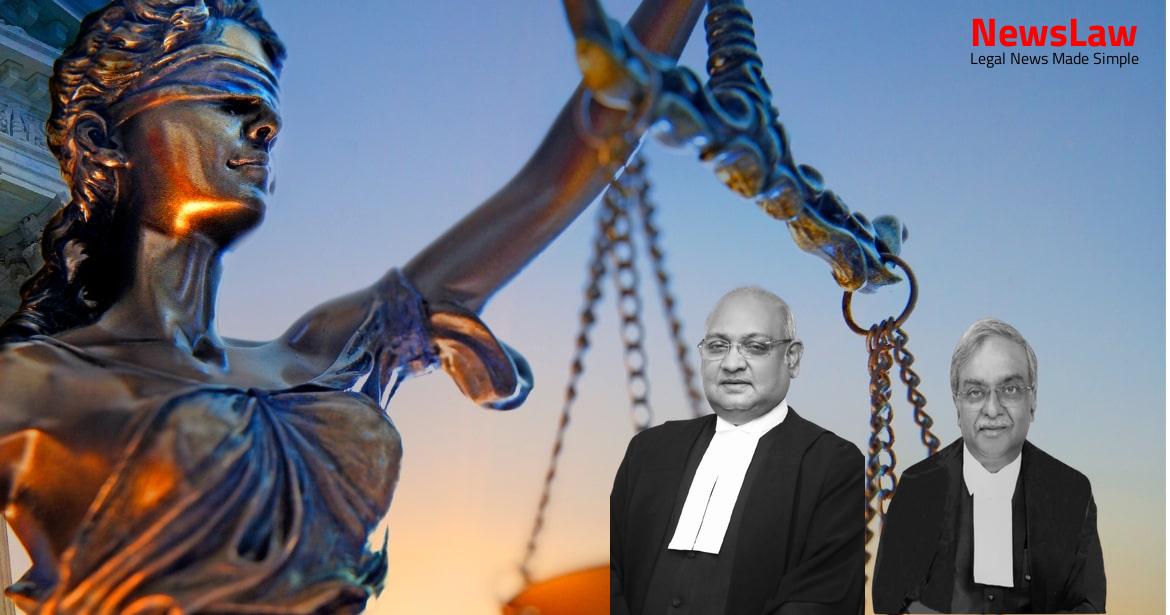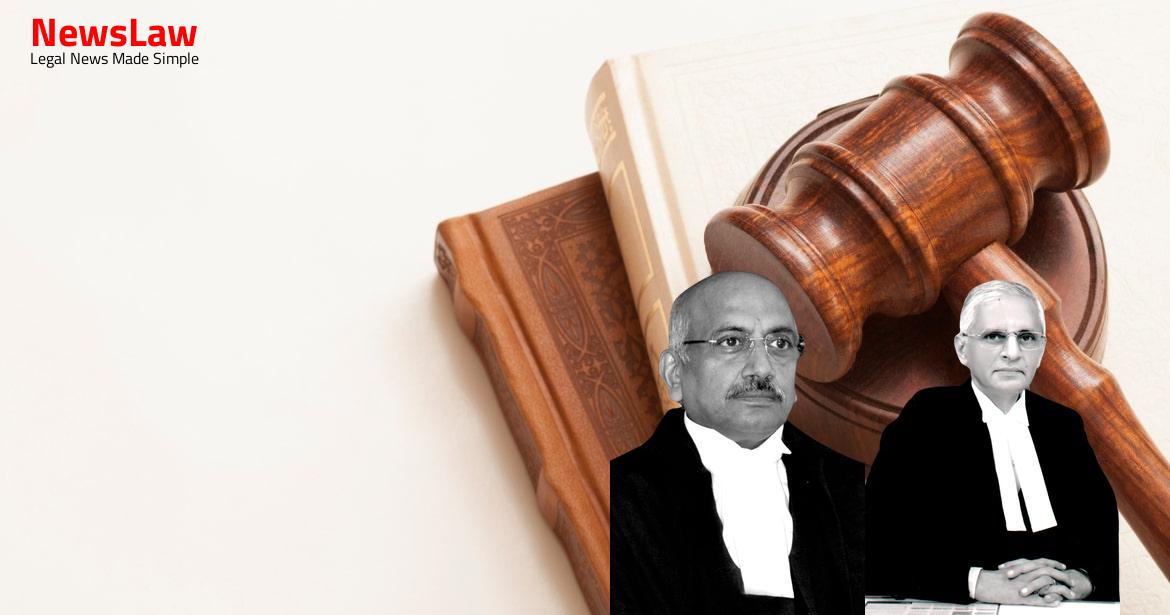In a recent legal case, the High Court examined the implementation of OBC reservation in All India Quota medical seats. The court’s analysis focused on the legal and constitutional aspects surrounding the extension of reservation benefits. Let’s delve into the intricacies of the court’s decision and its implications for future academic years.
Facts
- The High Court accepted the contention of the petitioner regarding the implementation of reservation for OBC candidates in the All India Quota from the next academic year.
- Candidates who have qualified for the All India Quota under-graduate seats will be eligible for the online allotment process.
- Admissions to post-graduate medical courses for the year 2020-2021 have been completed, while counseling for under-graduate admissions is scheduled to start from 26.10.2020.
- The High Court ruled that there is no legal or constitutional impediment for extending the benefit of reservation to OBC candidates in State-surrendered All India Quota seats of medical courses in Tamil Nadu.
- Implementation of reservation should be decided after joint deliberation between the Central Government, Medical Council of India, and the State Government.
- The High Court mentioned that the implementation of reservation for the current academic year would disrupt the ongoing selection process.
- The Union of India was directed to convene a meeting to finalize the manner of implementing OBC reservation against the All India Quota from the next academic year.
- The State of Tamil Nadu appealed against the part of the judgment that denied the implementation of OBC reservation for the current academic year.
- The High Court’s decision of not disturbing the ongoing selection process for the current academic year was deemed appropriate.
Also Read: Judicial Review of Answer Key in Teacher Selection Process
Arguments
- The Appellant acknowledged no domicile or residence preference for the All India Quota seats.
- Challenges were raised regarding the implementation of OBC reservation due to the ongoing seat allocation process.
- 15% of undergraduate and 50% of post-graduate seats in government medical institutions are reserved as All India Quota.
- Admissions to post-graduate courses are completed, but for under-graduate courses, OBC candidates should not be deprived of reservation benefits.
- Concerns were raised about the complexities involved in changing seat contributions and matrices at this stage.
- A committee was suggested to work out the modalities for OBC reservation implementation in All India Quota seats in Tamil Nadu.
- The High Court accepted the applicability of the 1993 Act to All India Quota seats but directed the Union of India to establish a committee for OBC reservation.
- The reservation policy in Tamil Nadu under the 1993 Act applies to 85% of undergraduate medical seats.
- Efforts were made to ensure OBC reservation in the 15% surrendered seats for All India Quota, with interventions from the State Government and Union of India.
Also Read: Jurisdiction and Substantial Questions of Law in Land Dispute Case
Analysis
- Admission to All India Quota seats based on NEET Examination marks.
- Committee examining modalities for OBC reservation implementation.
- Challenges in informing OBC candidates about reservation mid-process.
- No current challenges to High Court judgment, except for a writ petition.
- Grievance regarding High Court’s decision on OBC reservation implementation timeframe.
- Admissions process for medical courses began in December 2019.
- Disruptions in process due to pandemic-related circumstances.
- NEET UG exam held on 13.09.2020, results on 16.10.2020, counseling from 26.10.2020.
- Current reservation only for SC, ST, and Physically Disabled candidates in All India Quota.
- Appellant seeks OBC reservation implementation in Tamil Nadu State-run medical colleges.
- Admissions to undergraduate medical courses have been delayed due to the public health crisis.
- Further delay in admissions should be avoided by not implementing reservation for OBCs for this academic year.
Also Read: Challenge of Secured Creditor’s Procedure
Decision
- Final decision will be taken by the Committee after discussions with Tamil Nadu and other States.
- Decision to be implemented from the next academic year 2021-2022.
- Admission to post-graduate courses already completed and cannot be stopped now.
- Request for interim relief rejected.
Case Title: THE STATE OF TAMIL NADU Vs. UNION OF INDIA (2020 INSC 610)
Case Number: C.A. No.-003518-003518 / 2020



